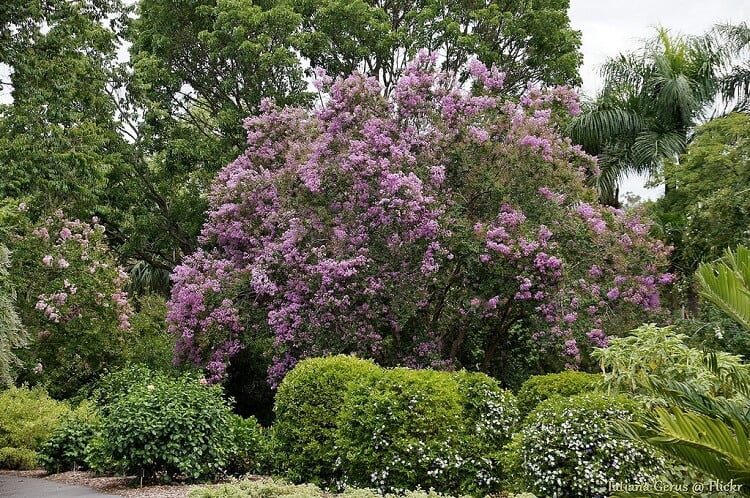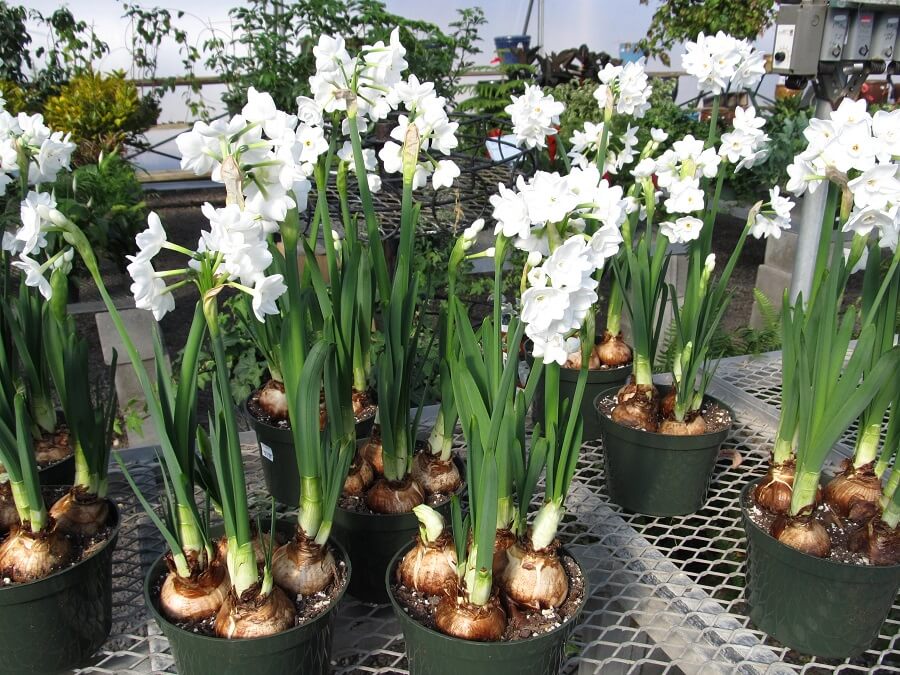Quick Takeaways
- Excessive compost can harm plant development, inhibit nutrient uptake, and cause salt toxicity and disease/pest issues.
- Rebalancing soil conditions can involve cover crops, maintaining a beneficial pH level, and replacing soil with less nutrient-dense topsoil if necessary.
- Organic matter in compost will break down into soluble salts, which can have harmful environmental effects if they enter waterways.
- To avoid negative effects, it is recommended to never exceed a 50-percent ratio of compost to soil.
Negative Effects of Excessive Compost
If you add too much compost to your garden, it can harm your plants. Excessive compost can inhibit nutrient uptake, causing wilting and yellowing of foliage. It can also create an imbalance of beneficial fungi and harmful bacteria in the soil. Excess phosphorus can prevent growth of beneficial fungi and lock up critical nutrients like iron, calcium, and zinc. Excessive nitrogen can result in quick growth followed by shriveling and death of leaves and stems. Soluble salts can cause salt toxicity in plants and reduce water and nutrient absorption. To avoid these negative effects, it’s important to practice good compost management and soil testing. Cover crops like mustard and triticale can help rebalance soil conditions. Maintaining a beneficial soil pH level between 6.0 to 7.0 can help plants uptake extra nutrients without building up and stifling root function. Use a soil pH test kit to ensure soil pH levels are between 6.0 to 7.0 for optimal plant growth. Remember, too much compost can harm your plants, but it can also benefit plants, harvest yields, and the environment if used correctly.What Happens If I Add Too Much Compost to my Garden?
Adding too much compost to your garden can have consequences on the compost decomposition time. Excess compost can lead to an imbalance in the soil, hinder proper nutrient uptake, and slow down the decomposition process. This may result in a buildup of organic matter and can lead to anaerobic conditions, affecting plant growth. Remember to apply compost in moderation for optimal results.









